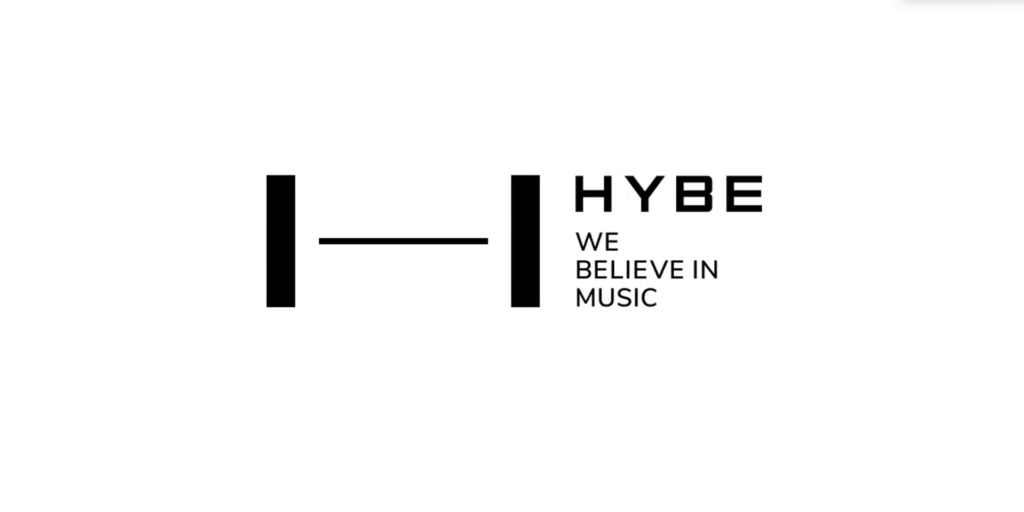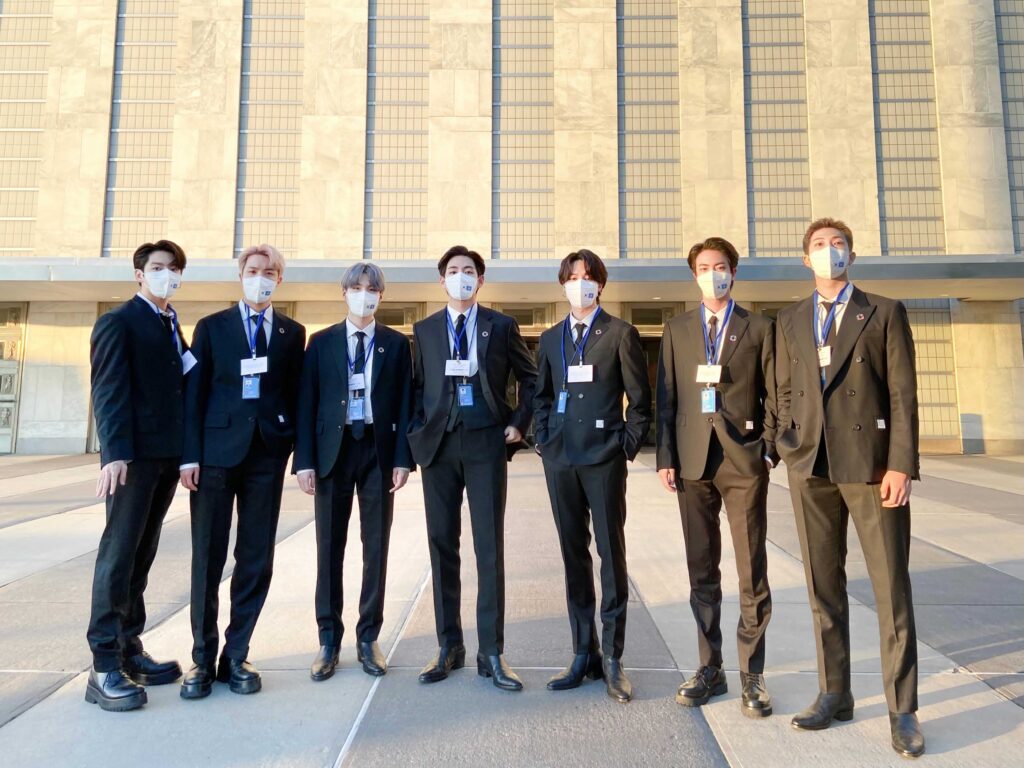
On November 4, HYBE held its “2021 HYBE Corporate Briefing With The Community” on YouTube to share the company’s latest plans and updates for the upcoming year. During the live stream, Chairman Bang Shi-hyuk announced that Hybe has partnered with Dunamu Inc — operator of cryptocurrency exchange Upbit — to provide digital assets to fans.
Under the agreement, Hybe will acquire a $421 million stake in Dunamu to develop collectibles like photo cards. Digital photo cards will be minted as NFTs and feature interactive content like images, music, or an artist’s voice that can be collected, traded, or displayed in Weverse. However, fans are upset with HYBE’s new endeavor into cryptocurrency, because NFTs are known to be bad for the environment.
NFT is a type of cryptocurrency that stands for non-fungible token. Each one is unique and immutable, created to a blockchain and tied to a singular object. They act as a certificate of ownership for a virtual asset. The reason cryptocurrencies have a reputation of being detrimental to the environment is the massive amount of energy needed to work.
Satoshi Nakamoto created the Proof of Work System for Bitcoin as a way to verify transactions without the need of a third party. This is to keep people from spending the same funds twice. Proof of Work is based on an extremely advanced form of math called cryptography. These equations are so difficult that only a computer can solve them, and because each equation is different, the network knows the transaction is authentic once it has been solved. Even though this system remains a great invention, it is not without its flaws. Proof of Work requires a significant amount of electricity to function.
According to Bitcoin’s latest Energy consumption index, they have a total carbon footprint that is equal to Chile in a year, an electrical footprint comparable to the annual power consumption of Thailand, and an annual electronic waste equivalent to The Netherlands. Even a single Bitcoin transaction is equivalent to electrical energy usage in an average U.S household for over 64 days. This type of energy use contributes to a larger carbon footprint, thus producing more greenhouse gases to worsen global warming.
This is where fans’ concerns over Hybes’ partnership with Dunamu arise from. Even so, this outrage is unwarranted considering the reputation Hybe has built with their artists for being environmentally conscious and the ambiguity surrounding the blockchain that will be used.

One of HYBE’s subsidiaries is Big Hit Music which manages the group BTS. BTS is known for being vocal about climate change and the environment. In December of 2019, the group became the global ambassadors of the ABB FIA Formula E Championship. Through a partnership, the two teamed up to promote how electric vehicles can help combat climate change. Fast forward to 2021, BTS also spoke at the 76th United Nations General Assembly in September to deliver a speech. In the speech, members RM and V talked about the younger generation showing interest in environmental issues. Later that month, the septet performed at Global Citizen Live, an event a part of the campaign “Recovery Plan for the World.” A part of the campaign’s focus is to protect the planet. It seems unlikely that HYBE would undo the credibility that was built over the course of multiple endeavors to spread awareness about the importance of the environment, with this one business venture.
Additionally, during the briefing, there was no mention of what blockchain will be used. As discussed previously, what makes NFTs so bad for the environment is the extensive amount of energy consumption needed due to the Proof of Work system. However, some blockchains have recognized the instability with using this system and adopted a new one — Proof of Stake. In this system, the individual mining power is limited to the percentage of ownership stake, and the mining power is attributed to the proportion of coins held by a miner. This version of proving a transaction has significantly less electricity reliance than the Proof of Work system.

Furthermore, some blockchains have proven to be environmentally friendly. Enjin became the first NFT firm to be accepted into the UN Global Compact under the highest membership rank. Membership into the Global Compact requires a rigorous commitment to sustainability and equality according to the Ten Principles, which offer guidance on areas of human rights, environment, and labor along with the aim to support businesses in working toward the UN’s Sustainable Development Goals. Thus, the environmental effect of the NFTs HYBE will be using remains unknown.
With the credibility that HYBE has built with their artists’ participation in climate awareness and the unknowns surrounding the type of NFT that the company will be producing, the concerns that fans have for HYBE’s new business venture are unwarranted. Moreover, it seems that HYBE is not the only one that wants to bring NFT into the new digital age of K-pop. SM Entertainment has announced plans to create an NFT division inside its future metaverse (SMCU) using the Solana blockchain. If this current trend continues, the new normal of collectibles in K-pop, including photocards, may turn digital.
(Teen Vogue, Crowdfund Insider, BitDegree, Mashable SEA, Pulse, Bitcoinist, Satoshi Nakamoto Institute, Digiconomist, Billboard, Global Citizen, Investopedia, Digital Daily, YouTube [1][2]. Images via Hybe Label, UN Global Compact.)


